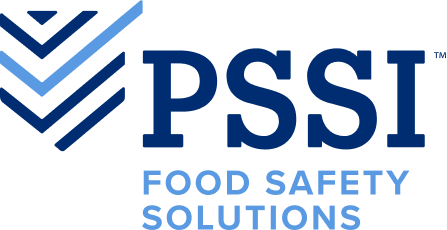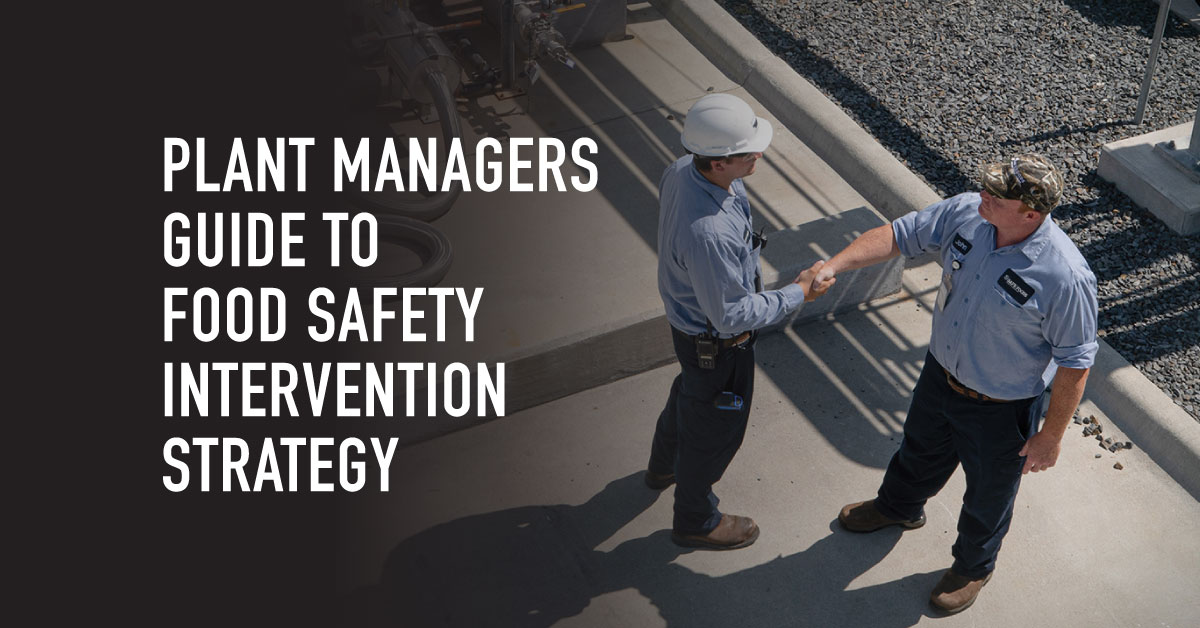With foodborne illnesses striking around 48 million Americans, the U.S. Department of Agriculture Food Safety and Inspection Service (FSIS) and the U.S. Food and Drug Administration (FDA) have instituted tough, new regulatory requirements that many food processing plant managers are finding difficult to meet—even with the most rigorous sanitation programs in place. A new white paper by PSSI Senior Vice President of Shared Services Jake Watts discusses how including intervention services as part of comprehensive, multi-discipline food safety approach can be extremely valuable.
Intervention in food safety comes to the forefront when talking about pathogen control and as its name suggests, it’s the practice of “’intervening’ in a process by adding additional control measures to reduce and eliminate food safety risks.” Intervention services vary by facility and food type, among other factors, but when implemented in conjunction with other food safety measures, they add an even deeper layer of protection that ensures food facilities are clean and the products are safe and audit-ready.
Watts notes that intervention services differ from third shift sanitation as they are part of the real-time processing and production of meat, poultry, and produce products. He discusses the innovative equipment that has been pioneered by Safe Foods Chemical Innovations as well as the cleaning, sanitizing, and specialty chemicals they have access to and are approved for use in USDA and FDA facilities. Watts also discusses the importance of the tracking and analytics behind intervention services which help plant management understand the effectiveness of the process.
Finally, a fragmented approach to sanitation, intervention, and pest control can result in miscommunication and finger-pointing so plant managers should have an integrated solution portfolio and ensure that everyone is aligned on the processor’s goals.
Although these services are primarily focused on microbial and pathogen reduction, there are other benefits that support additional business growth opportunities and cost savings, such as helping processors meet regulatory guidelines, increasing worker safety, improving product quality, and supporting enhanced sustainability.
Watts encourages plant managers to explore new product technology and innovative engineering solutions to enhance food safety management, especially with tightening regulatory audit guidelines. In other words, as Watts, quoting industrial engineer Allen Morgenstern, puts it—“work smarter, not harder.”
You can read “Plant Manager’s Guide to Food Safety Intervention Strategy” HERE.

